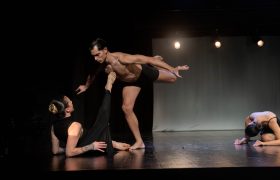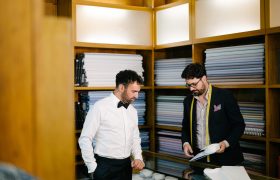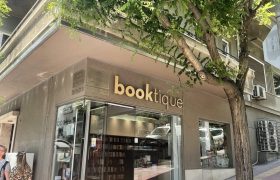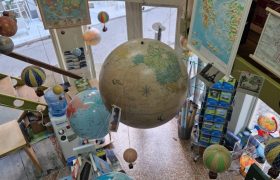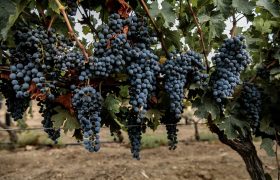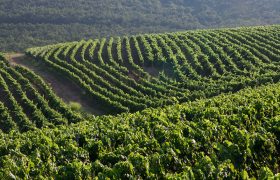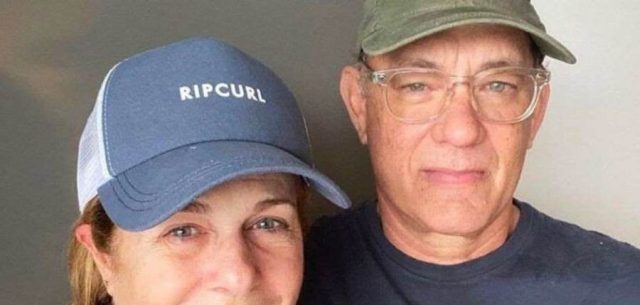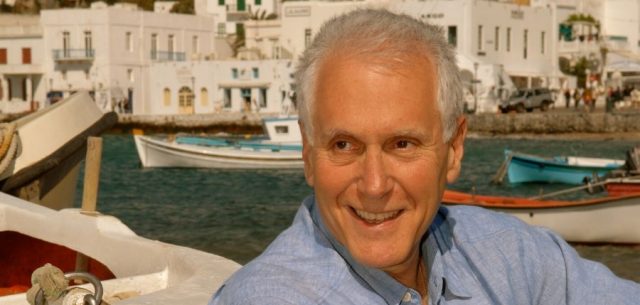The Coronavirus Is Forcing Us To Ask: What Is Truly Essential To Our Life?
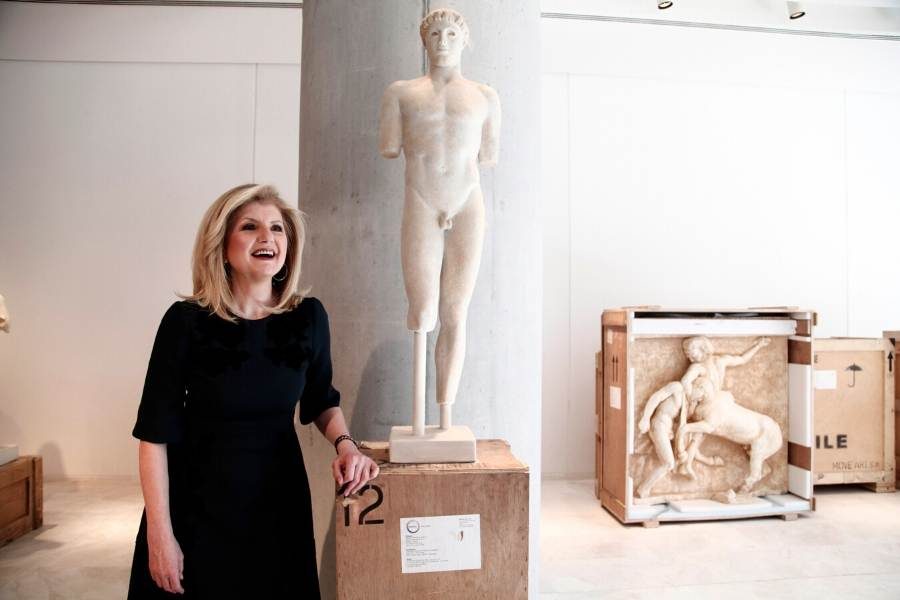
Arianna Huffington, Founder and CEO at Thrive Global advocates imagining a post-corona future where we seek transformation and renewal.
“I wish it need not have happened in my time,” says Frodo in The Lord of the Rings. “So do I,” says Gandalf, “and so do all who live to see such times. But that is not for them to decide. All we have to decide is what to do with the time that is given us.”
Many of us today feel very much like Frodo. Why now? Why me? But even though no one would have wished for the disruption, uncertainty and, for many, very real suffering of these times, we can still decide “what to do with the time that is given us.”
There is a lot we can do to alleviate the suffering of others. But there is also a lot we can do to shift our entire culture away from an always-on, perpetually stressed-out, fight-or-flight state of being and reconnect with some essential truths we have forgotten. Just a few weeks ago, as we went about our busy lives — talking about how “slammed” and “swamped” we were with work, always on the edge of burnout — there were plenty of signposts along our path directing us to keep climbing up the ladder. But there were almost no signposts reminding us to stay connected to the essence of who we are, to take care of ourselves along the way, to reach out to others, and to connect to that place that unites us in our humanity and from which everything is possible.
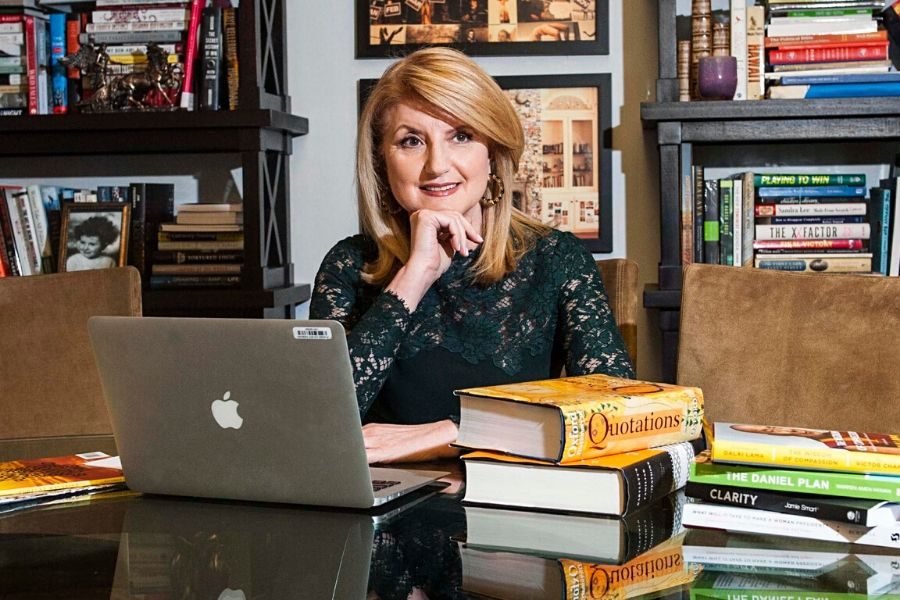
This is the great challenge in front of us. In the midst of untold suffering, we are being reminded of something our modern culture has forgotten: That there are two threads running through our lives. One is pulling us into the world to achieve and make things happen, the other is pulling us back from the world to nourish, replenish and refuel ourselves. If we ignore the second thread, it is much harder, especially during these times, to connect with ourselves and with those around us. As many a philosopher, from every tradition, has said, to truly know the world, you have to first know yourself. To quote just one of them, Lao Tzu, “Knowing others is knowledge, knowing yourself is wisdom.”
Two big things need to change if we are going to move through this crisis into a world better than the one that came before. The first is captured by Andrew Fiala, a professor of philosophy at Fresno State: “Now is the time to imagine a post-corona future that is kinder, gentler, and more supportive of the weak, the sick, and the vulnerable. Let’s not resurrect bad habits. Instead, let’s seek transformation and renewal.” Indeed, the people most vulnerable are those who are the least paid, even as their work is deemed most “essential” — from the nurses, caregivers, social workers and other first responders to the grocery and delivery workers on the front lines of the crisis.
When all else is stripped away, we are learning what is truly essential, and what isn’t. Maybe we can imagine a world where we don’t just have endless conferences bemoaning the growing inequalities and discussing the need for “inclusive capitalism,” but instead move on to actually doing something about it?
The second thing that needs to change if the new normal is to be better than the old one is that we stop living in the shallows — that we stop hurting our health and our relationships by striving so relentlessly and breathlessly after success as the world defines it. We have been missing what every philosophical and spiritual tradition tells us — that there is a place of wisdom, peace and strength in each one of us. We need to reacquaint ourselves with it!
The Delphic admonition “Know Thyself” and Socrates’ admonition that “the unexamined life is not worth living” are not ancient philosophical platitudes, but in fact the most relevant and important guiding truths for our lives, especially now. In the constant rush of our pre-corona lives, with the ever-increasing creep of technology – into our bedrooms, our brains and our lives — it was remarkably easy to forget that most important relationship.
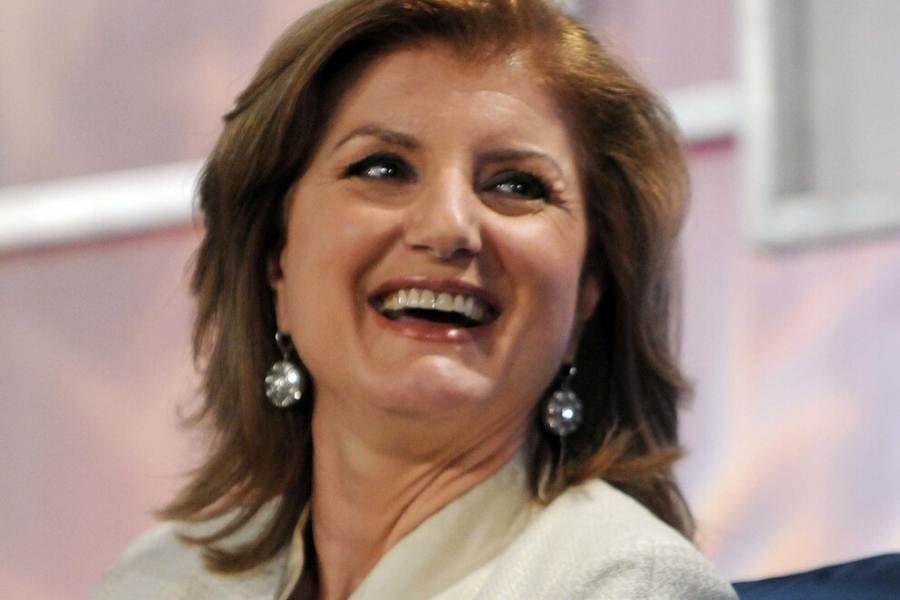
We have all now been forced to pause. And during this pause, we are discovering that certain parts of life were not as essential as we thought — and just as important, rediscovering certain essential parts we had forgotten. It’s a kind of Marie Kondo exercise for our whole life, stripping away what is not needed and moving to our more essential nature.
As Pope Francis said in the blessing he delivered while praying for an end to the coronavirus, “It is a time to choose what matters and what passes away, a time to separate what is necessary from what is not.”
Yes, of course, as Gandalf said, no one would have wished to live through this time, and all the grief and suffering we wake up to in our own lives or in the headlines each day. But it is always during the hard times — whether personal or collective — that we are shaken out of our routines to find true purpose and meaning.
As M.I.T. professor Alan Lightman writes in The Atlantic, history shows that periods of adversity yield new habits of mind. “The frightening COVID-19 pandemic may be creating such a change now — by forcing many of us to slow down, to spend more time in personal reflection, away from the noise and heave of the world. With more quiet time, more privacy, more stillness, we have an opportunity to think about who we are, as individuals and as a society.”
The coronavirus crisis has awakened something spiritual in us. According to the Pew Research Center, a majority of Americans have prayed for the end of the pandemic — including 15% of those who say they seldom or never pray.
Whether or not we belong to any religious or spiritual tradition, there is a renewed awareness of the need to take care not just of our physical health but our mental, emotional and spiritual health — to take care of our souls.
At a time when the apocalypse is very much part of the conversation, Jacqueline Hidalgo, chair of religion at Williams College, tells the New York Times, “It’s not just about the end of the world. It helps us see something that was hidden before.” Indeed, apocalypse derives from the Greek apokalypsis, meaning unveiling or revelation.
We may find inspiration for this new normal in poetry, philosophy, religion, art or nature. It will be different for each of us.
As philosophy professor Byron Williston put it: “There’s this kind of stillness or suspension of everyday activity that has fallen upon us now. And I think that’s an opportunity for people to raise these questions about their life projects and what really matters to them.”
“What is a good life?” has been a question asked by philosophers going back to the ancient Greeks. But somewhere along the line we abandoned the question and shifted our attention to how much money and status we can accumulate. Now in this forced pause these big questions about life are creeping back into our consciousness.
And the collective longing is growing to stop living in the shallows and recognize that life is actually shaped from the inside out — a truth that has been celebrated by spiritual teachers, poets and philosophers throughout the ages and that we are all now being called to rediscover.
This article first appeared on Linkedln.

